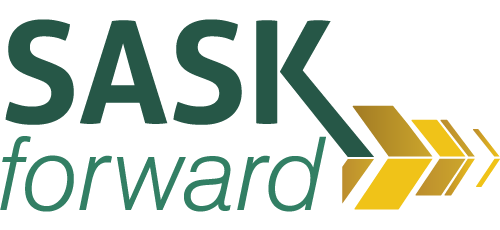My name is Leah Arcand and I’m from Muskeg Lake Cree Nation.
I would like to acknowledge Treaty 4 territory that we’re on today.
And I would like to thank the organizers for inviting me to speak and you all for being here and showing an interest in transformational change.
Before I begin, I would like to share with you a little bit about my background.
I’ve been a teacher for 3 years. I know that sounds like I’m a baby when it comes to education but I’ve been in this field professionally for 10 years. I started out as an Educational Assistant and now I lead an activist and nehiyaw land based program called Miyo Pimatsowin which means “good, healthy living.”
It took me awhile to get where I am today and I owe it all to the youth I’ve worked with and the experiences I have had since I started my career in Education..
By all means, I don’t feel like I’m an expert on education but my front line experience has shaped the way I view our education system.
I’m passionate about creating safer spaces in our schools. Creating safer spaces means changing the systems and ideas that play out these microaggressions that reinforce the power structure.
As I was prepping for what I wanted to say today, I was thinking a lot about a program initiative in Saskatchewan that borrows a New Zealand model called, Following Their Voices. In Canada Following Their Voices focuses on improving First Nations and Métis student attendance. The goal of Following Their Voices is to improve teacher-student relationships, improve the learning environment and to encourage broad interactions between teacher and learner.
It sounds good right?
It’s primarily funded by the provincial government, which has invested $3.1 million since it began, including $1.55 million this year. The federal government has also backed the project with $250,000. That’s a lot of money to train teachers to know how to talk to Indigenous youth.
Maybe the program is working in certain schools – and I don’t want to take anything away from the students who are experiencing success – but I wonder if it’s truly qualitative. And I’m only speaking about the school I saw this program being implemented at. It did not sit well with me. For example, seeing settler teachers who are FTV school based facilitators suddenly act like experts on indigenous issues is hard to navigate, especially when they don’t know what the Truth and Reconciliation commission is. Also, being the only First Nations staff member and sitting in on student based meetings, witnessing settler teachers have a free-for-all complaining circles about Indigenous youth, was hard to digest.
I feel like we could save a lot of time if we just used that money to hire staff that reflected the student body. If we implemented policy that made it ok for us to do that the youth would see more transformational change through meaningful mentorship from people who have similar lived experiences. I started out in my career as a mentor. I could relate to the youth and they could relate to me. These youth need Miyo Pimatsowin. They need inclusion and a sense of self/identity.
Miyo Pimatsowin a big change from the more conventional approach to teaching and learning.
We aren’t experiencing parents who have a problem with their children learning about social and cultural subjects. It’s crazy to say, but I know there is at least one place in SK where that isn’t the case. We are able to introduce a decolonial education without any of the dis-ease and worry of having the students parents come to the school in outrage or concern.
The main challenges I faced before Miyo Pimatsowin were those little microaggressions that play out in the school/workplace. Being the right mentor that these FNMI youth need also means disrupting those microaggressions and having to deal with the backlash from the settler community that doesn’t see value in our social and cultural beliefs. I’ve experienced this firsthand and it destroyed my mental health. I was very close to quitting teaching. Some of my fellow indigenous teacher friends have also experienced backlash when we teach the settler society the things we need to teach the minorities, in order for those minorities to thrive and have pride in their identity.
It’s hard. There’s little to no support for us. It’s a major turn off and many quit the profession.
Structural/pedagogical changes like this are needed for students to be successful in all/FN schools because we can’t expect them to succeed if they don’t have a safe space to learn and focus on their personal development. It’s a no brainer for me. Building relationships, having fun, leaning into the land, and having meaning conversations are the most valuable when it comes to lifelong learning.

